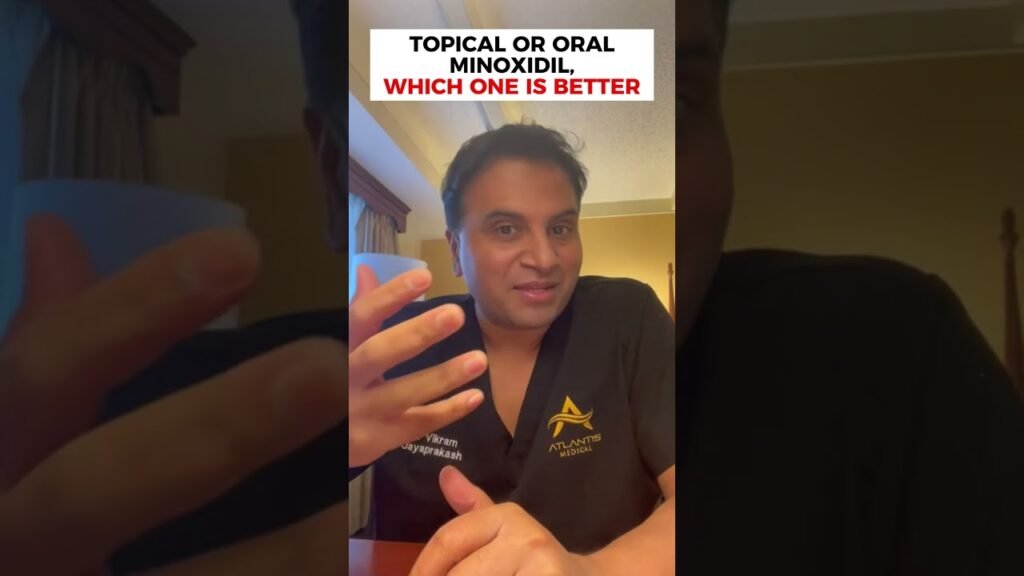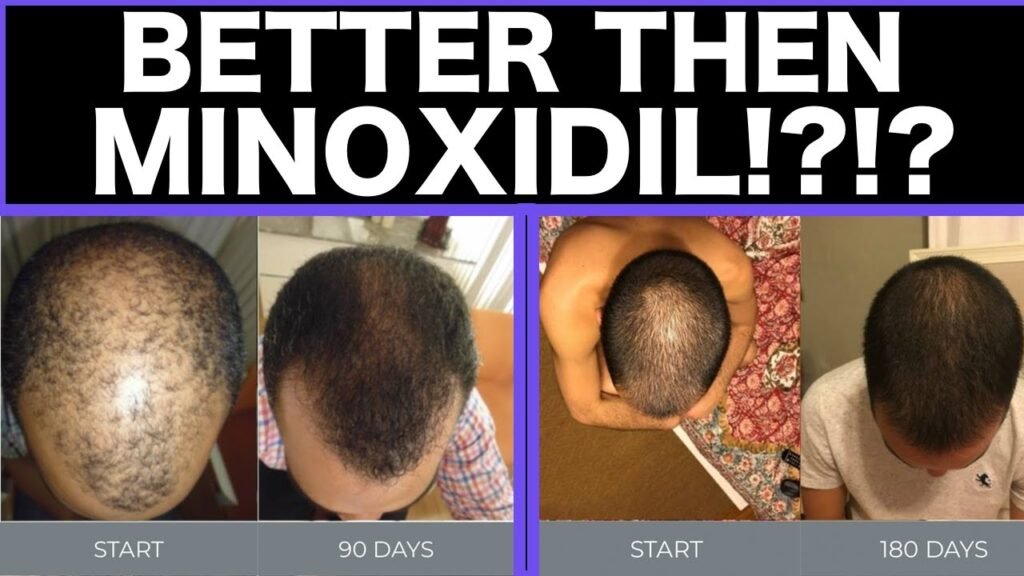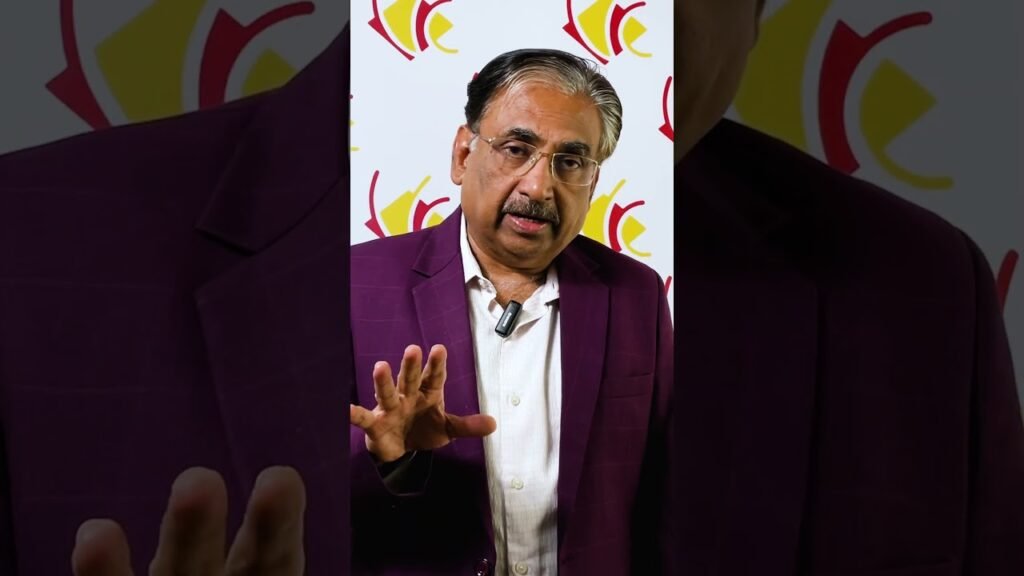Which one should you use: Oral minoxidil vs topical
When considering hair loss treatments, both oral and topical minoxidil have emerged as popular options. However, understanding the differences between these two forms can help you decide which one is best suited for your needs. Oral minoxidil is typically prescribed for severe cases of hair loss and is taken in pill form. It works by dilating blood vessels, thereby improving blood flow to hair follicles and promoting hair growth. On the other hand, topical minoxidil is applied directly to the scalp and is often recommended for individuals experiencing mild to moderate hair thinning. This form is known for its ability to stimulate hair growth by extending the anagen phase of the hair cycle.
Effectiveness
When it comes to effectiveness, both oral and topical minoxidil have been shown to promote hair growth, but their success can vary based on individual factors such as the severity of hair loss and personal health conditions. Oral minoxidil may offer quicker and more noticeable results for those with significant hair loss. However, it is crucial to consult a healthcare professional before starting oral minoxidil, as it can have systemic effects and potential side effects like changes in blood pressure. Topical minoxidil, while generally considered safer with fewer systemic side effects, may require consistent and long-term application to achieve and maintain results.
Side Effects
Both forms of minoxidil have their own set of side effects, which can influence your decision. Oral minoxidil may lead to more systemic side effects, such as fluid retention, increased heart rate, or changes in blood pressure. Due to these potential risks, medical supervision is necessary when using oral minoxidil. In contrast, topical minoxidil is associated with localized side effects like scalp irritation, itching, or dryness. Some users might also experience unwanted facial hair growth. While these side effects are typically less severe, they can still impact the users comfort and adherence to the treatment regimen.


